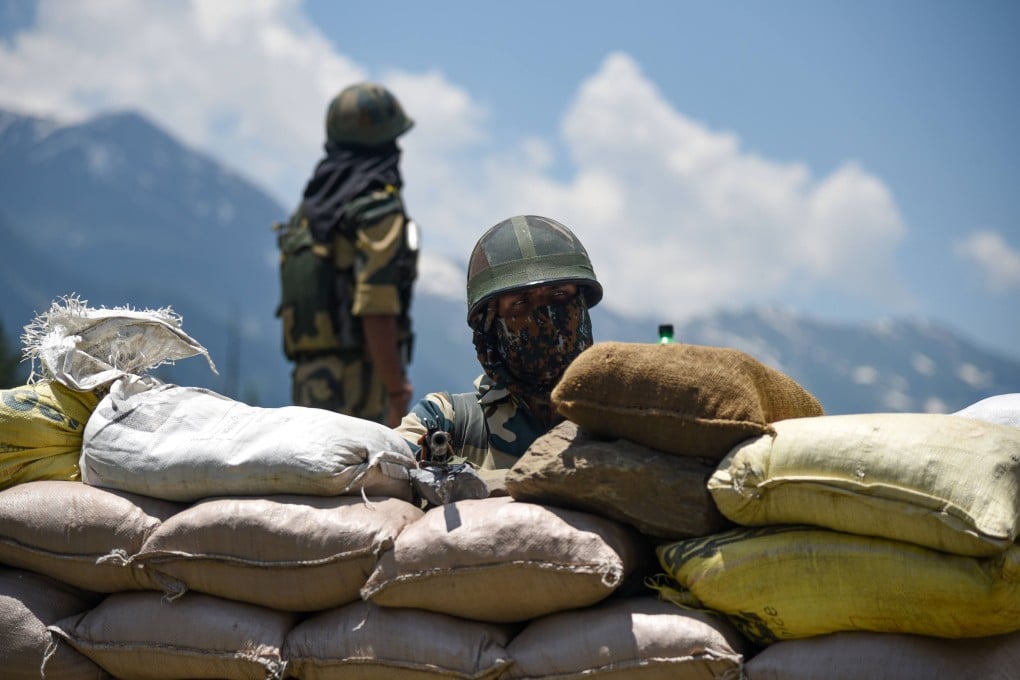Advertisement
Opinion | Tilting towards Washington, has India’s time over China come?
- New Delhi is displacing Beijing in the American hierarchy of bilateral relations as the White House reverses decades of Sino-US engagement
- The two Asian giants are struggling to manage their differences and show few signs of wanting to improve ties
Reading Time:3 minutes
Why you can trust SCMP
7

The post of China’s top envoy to India has been vacant since October, when former ambassador Sun Weidong returned to Beijing to become a deputy foreign minister after a three-year stint in New Delhi.
It is the longest such gap in four decades and reflects the likelihood of further deterioration in China’s already strained ties with its Himalayan neighbour.
With the two Asian giants showing little inclination to put an end to the dangerous military stand-off that began with a deadly border clash in eastern Ladakh in June 2020, New Delhi has tilted decisively towards Washington.
Advertisement
India has elevated military ties with the United States to counterbalance China, taking a major step in its embrace of the Quad, a US-led four-way grouping with Japan and Australia that Beijing slams as an “Indo-Pacific Nato”.
That elevation was on show last month during Prime Minister Narendra Modi’s historic visit to the White House, with Washington removing barriers to a wide range of defence, hi-tech and export trade, seeking to elevate their ties into a global strategic partnership of equals.
Then last week Kurt Campbell, US President Joe Biden’s top official for the Indo-Pacific region, described India as “one of the most sought-after players on the global stage” and hailed the US-India ties as “the most important bilateral relationship on the planet”.
Advertisement
Select Voice
Select Speed
1.00x

